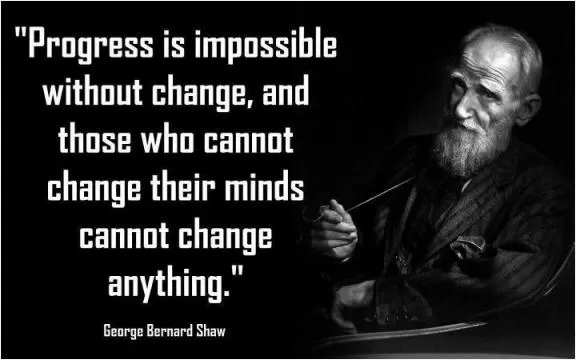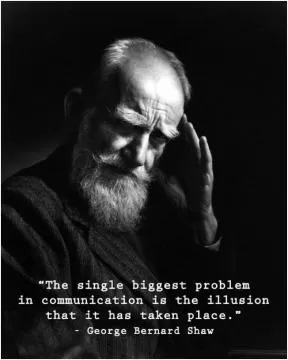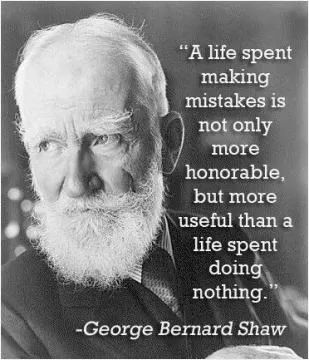Life levels all men. Death reveals the eminent

Life levels all men. Death reveals the eminent
George Bernard Shaw, the renowned Irish playwright and critic, was a firm believer in the idea that life has a way of leveling the playing field for all individuals. He believed that regardless of one's social status, wealth, or power, everyone ultimately faces the same struggles and challenges in life. Shaw's works often explore themes of class struggle, inequality, and the human condition, reflecting his belief that all men are equal in the face of life's trials and tribulations.In Shaw's plays, characters from all walks of life are depicted facing similar dilemmas and moral quandaries. Whether they are wealthy aristocrats or impoverished workers, Shaw's characters are all confronted with the same fundamental questions about morality, ethics, and the meaning of life. Through his works, Shaw sought to challenge societal norms and expose the inherent flaws in the class system, arguing that true greatness is not determined by one's social standing but by their actions and character.
Shaw's belief that life levels all men is reflected in his own personal philosophy and worldview. He was a staunch advocate for social reform and equality, using his platform as a playwright to critique the injustices and inequalities of his time. Shaw believed that it was only through confronting and overcoming life's challenges that individuals could truly reveal their inner greatness and potential.
However, Shaw also recognized the inevitability of death as the ultimate equalizer. In death, he believed, the true nature and worth of individuals are revealed. Regardless of one's accomplishments or failures in life, death strips away all pretenses and exposes the essence of a person's character. Shaw's famous quote, "Life levels all men. Death reveals the eminent," encapsulates this idea that in the end, it is not wealth or power that defines a person's legacy, but their actions and values.












 Friendship Quotes
Friendship Quotes Love Quotes
Love Quotes Life Quotes
Life Quotes Funny Quotes
Funny Quotes Motivational Quotes
Motivational Quotes Inspirational Quotes
Inspirational Quotes